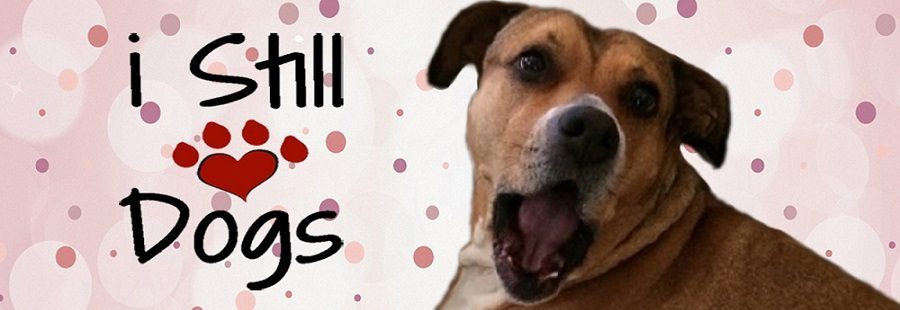Winston the Pug Didn’t Have the Coronavirus, But Another Dog Does

A lot of dog owners were pretty alarmed in April by the news that Winston, a 2-year-old Pug who lives in Chapel Hill, N.C., had tested positive for the coronavirus. Until then, there were cases of humans, tigers and cats being infected with COVID-19. Could dogs really get it, too?
The good news: The USDA’s National Veterinary Services Laboratories (NVSL) has announced that Winston probably didn’t really have the coronavirus.
The bad news: The NVSL also confirmed that a German Shepherd in New York did indeed have the virus. “This is the first dog in the United States to test positive for SARS-CoV-2,” the agency stated.
The good news: The German Shepherd is expected to make a full recovery.
Like Winston, the German Shepherd’s unidentified owner tested positive for COVID-19 before the dog began showing symptoms of respiratory illness. And, like Winston, another dog in the German Shepherd’s household did not test positive for the virus. The other dog did have the antibodies, however, indicating that he or she had been exposed to COVID-19.
The NVSL was unable to verify that Winston had COVID-19. “The weak detection … from the original oral swab may be the result of contamination from the COVID-19 positive household,” agency representative Lyndsay Cole told USA TODAY.
Winston had been coughing frequently and lost his appetite for a day. His dog mom, Dr. Heather McLean, is a pediatrician at Duke Health. She and two other members of her family were also infected with COVID-19. They all had mild symptoms. The family’s other dog and a cat did not test positive.
So, how were family pets able to be tested for COVID-19 when thousands of humans are still waiting to be tested?
As for Winston, his family is participating in a Duke University study that’s researching how bodies react to infections. The study, called the Molecular and Epidemiological Study of Suspected Infection (MESSI), was launched before the pandemic. The results will hopefully lead to effective tests and treatments for infections like COVID-19.
On April 1, MESSI researchers came to her home to test her family. “They all came out to our house and did blood samples,” McLean told WRAL. “For the humans, they swabbed our noses as well as our mouths, and for the animals they did oral swabs for both dogs and the cat.”
The German Shepherd tested presumptive positive for SARS-CoV-2 at a private veterinary laboratory. The results were reported to state and federal officials. More samples were collected from the dog and the result was confirmed by the NVSL.
“While additional animals may test positive as infections continue in people, it is important to note that performing this animal testing does not reduce the availability of tests for humans,” the NVSL said in its announcement.
If you’re concerned about your own dog getting COVID-19, McLean said you shouldn’t worry too much about it. “We’re not seeing an epidemic of household pets or them transmitting it to other humans and animals — we just happened to detect it in our dog,” she told USA TODAY in late April.
In early March, a dog belonging to someone with the coronavirus in Hong Kong was believed to be the first pet dog in the world to get the virus from a human.
The NVSL stated that “there’s currently no evidence that animals play a significant role in spreading the virus. Based on the limited information available, the risk of animals spreading the virus to people is considered to be low. There is no justification in taking measures against companion animals that may compromise their welfare.” A list of animals that have tested positive for COVID-19 is available on the USDA website.
Protecting Your Dog from COVID-19
To help prevent your dog from being infected with COVID-19, the Centers for Disease Control (CDC) recommends that you do the following:
- Don’t let your dog interact with other people or animals outside your home.
- Walk your dog on a leash and stay at least 6 feet away from other people and animals.
- Even if they’re open in your area, avoid dog parks and other public places where people and dogs congregate.
If you have been infected with COVID-19:
- If at all possible, have another family member or friend take care of your dog.
- If you must be around your dog, wear a face mask and wash your hands frequently.
- The hard part: Avoid touching, kissing, snuggling or otherwise interacting with your dog.
- The most important part: Get well soon!
Photo: CBS This Morning/YouTube















